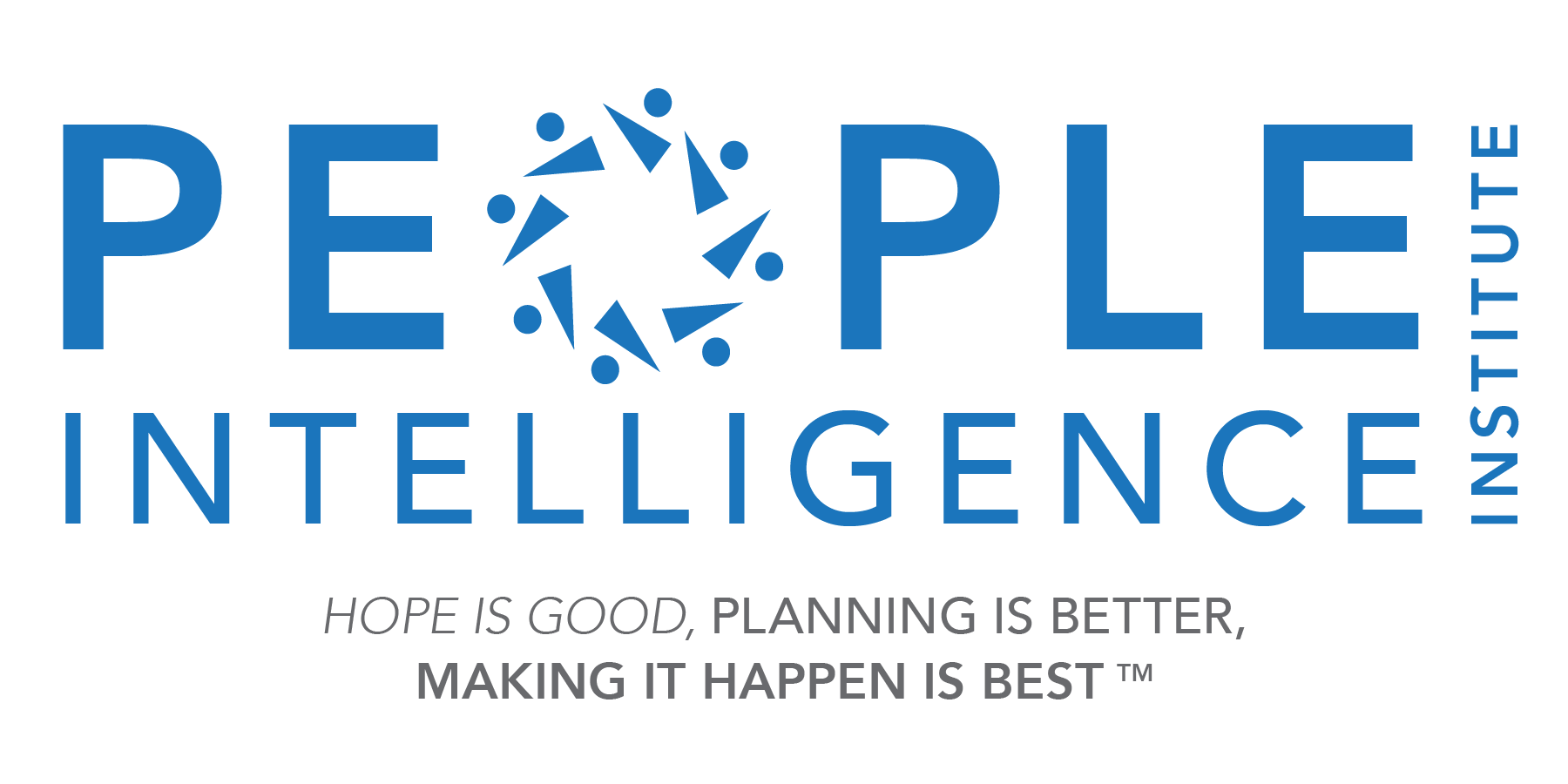"This course has helped train my eye and my mind to see more emotions in others, and as a result, have more successful interactions with others when they are emotional. I am more likely to notice things earlier, before escalation, when the potential to make better choices is stronger."
Read More
Fine-Tuning Your Perception Skills
Self-defense experts urge their clients to be in "Condition Yellow" when engaged in their daily routine, particularly when alone. It's a level of awareness that prevents them from being surprised by a sudden attack. First introduced by Jeff Cooper, a former US Marine, pistol expert and writer; these conditions (white, yellow, orange, red) describe our degree of attentiveness to our surroundings and the people within them.
In condition white, you are unaware, inattentive or downright oblivious. You are shocked when something happens, "I did not see that coming." Cooper and other protective experts talk about remaining in Condition Yellow to prevent an attack in the first place, to seem less vulnerable to a potential predator. Leave Condition White for poolside in the Caribbean.
Conditions Orange and Red refer to the imminent attack and the actual fight, but the bulk of the instruction tends to be about being in a state of readiness - of being switched on so you're not walking around in a fog.
Conditioned Success
Can this level of attentiveness serve us in situations that don't involve physical danger? Can it help us navigate complicated contract talks or merger strategies? Can these skills switch on the high-beams when we're in unknown territory?
By learning how to be more attentive to emotional states of family members, co-workers and counterparts in business relationships, we can head off potential missteps. We can begin to understand why something doesn't feel right and act appropriately. We often dismiss our own emotional reactions to conversations precisely because we are trained to be detached in business. We mistakenly believe emotions cloud our judgment, when in fact, they clarify it. Rather than spotting behavioral nuances we ignore them. By missing important cues we are caught off-guard and later we just don't understand how we didn't see it coming.
Here's the trick. First you must learn what to pay attention to. You must raise your level of emotional awareness. Emotions are at the heart of every deed and every interaction, whether carried out openly or deceitfully. Emotional Competency is an understanding of how emotions drive human behavior so we can see them more clearly as we communicate, negotiate and mediate all manner of human interface.
Knowing how to recognize the underlying emotions gives you something on which to focus, so you're not just hearing words, but 'getting' the truth of any situation. Increasing our awareness of emotions moves us out of Condition White and into the Yellow, where we are alert, aware, in control and focused.
Emotional Intelligence is often written about as being innate, the 'je ne sais quoi' that successful people possess in natural abundance. But Emotional Competency is a skill-set, proven thru decades of scientific and clinical research. A golf instructor can spot a subtle shift in your hips. A music teacher can hear a mistake in what seems to the rest of us a flawless performance. Good or bad, they know what to look for. You can be emotionally competent. You can spot deceit. You can learn to recognize how someone truly feels - but first you must learn what to look for.


